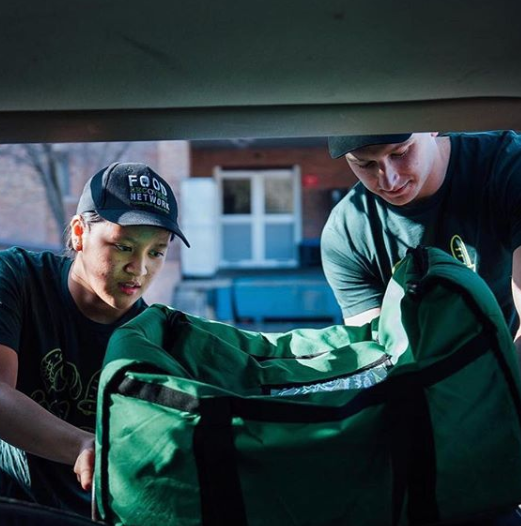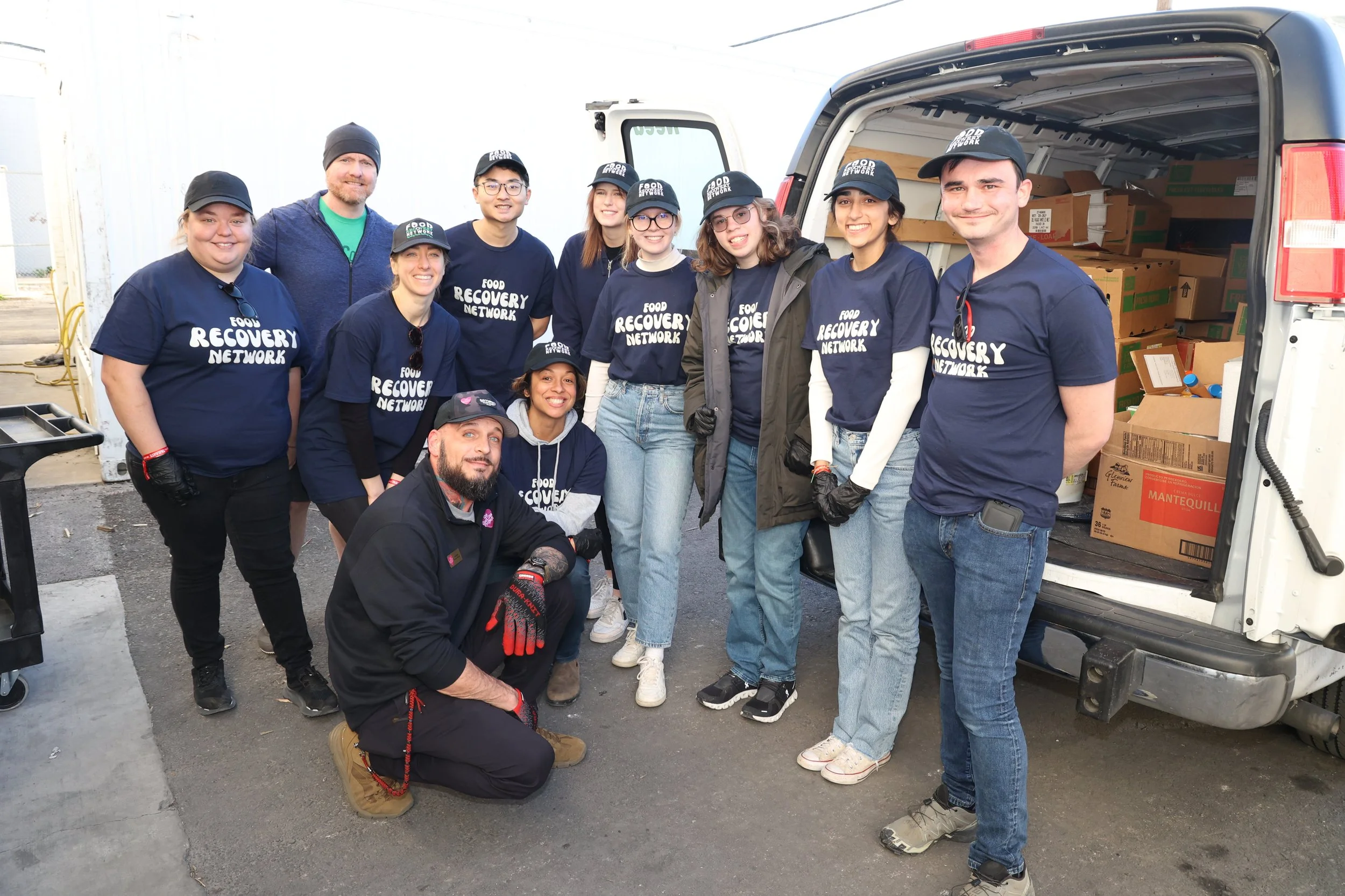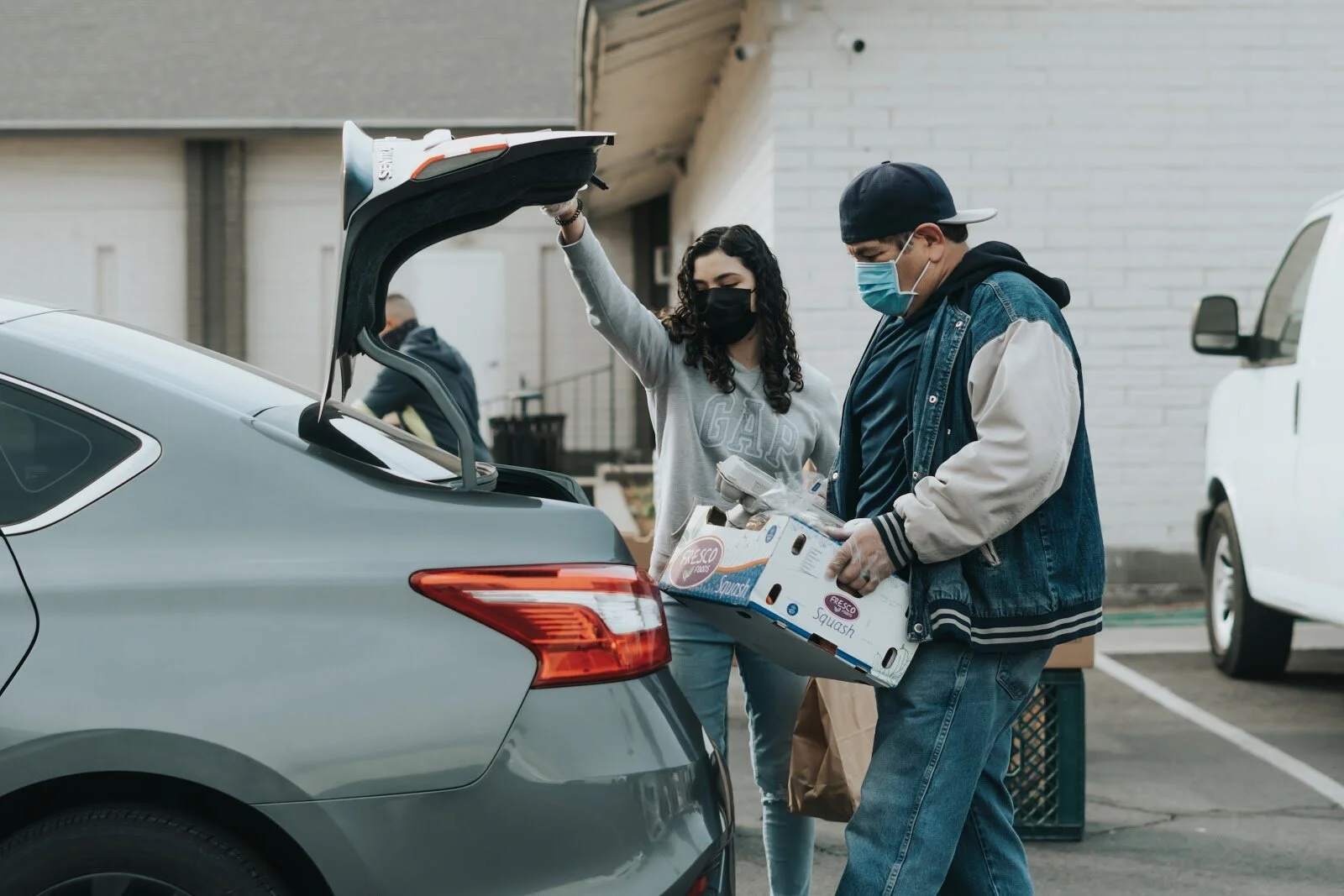Introduction
We’re a full year into the pandemic (can you believe that?!) and this marathon sprint is catching up to us. Let’s take a moment to breathe deeply and celebrate some recent wins! Food Recovery Network (FRN) has flexed our advocacy skills by launching a new pilot program, the Advocacy Cohort, and by joining forces with Challah for Hunger to support the #FUELHigherEd Campaign.
Both of these projects center on raising awareness of food insecurity, and learning how to leverage our skills and stories to tackle the escalating issue of hunger. This year, we’re focusing on expanding SNAP benefits. The new administration heard our demand, and in January 2021 passed legislation to raise SNAP benefits by 15%! But let’s start with some background information.
What is SNAP?
The Supplemental Nutrition Assistance Program (SNAP) is a national program run by the federal government. You’ve probably heard of it referred to as food stamps. The purpose of this program is to aid individuals and families who are facing food insecurity by providing financial assistance for purchasing food.
SNAP is one of America’s largest, most far reaching safety net programs, attempting to support the 54 million people who face food insecurity in this country. Eligibility differs from state to state, but is largely based on your household income. Students are also eligible to receive food assistance from the government. Eligibility can be a difficult road to navigate, and continuing to prove your need for assistance also causes challenges. Information about SNAP eligibility can be hard to find; a lot of students don’t even realize they qualify for support. Further, meeting the eligibility requirements of being a student and a worker proves difficult: What happens if you lose your job because your class schedule changes? What can you do if your job interferes with your ability to properly perform in class? These are challenges that plague students in need of assistance.
Although SNAP supports hundreds of thousands of American citizens, there is still much room to grow in order to eradicate food insecurity completely. This may seem like a lofty goal, but it’s much more attainable than you think! That is why Food Recovery Network has committed to advocating for increased student access to and eligibility for SNAP.
How is FRN Involved?
In August 2020, FRN joined forces with Challah for Hunger on the #FUELHigherEd Campaign, focused on expanding SNAP eligibility for college students facing food insecurity.
Along with many other partner organizations, we’ve been able to...
Build advocacy skills with our student network through our Advocacy Cohort and Campaign Leader Trainings
Connect with local, state, and federal representatives to talk about the impact of food insecurity and food assistance programs in local communities and states
Host informative webinars with speakers who specialize in community organizing, state-level lobbying, and more
Join campaign leader trainings to learn from leaders and students in other organizations that are also interested in this work
Tweet at our representatives and engage with policymakers digitally
Build and share resources expanding our knowledge about how to advocate for SNAP, such as our advocacy toolkits focusing on on-campus organizing, community organizing, and state and federal level advocacy
If this is the first time you’re hearing about FRN’s advocacy efforts, welcome! If you’ve been doing this work with us since the start, we see you and we congratulate you. We’re one semester into the #FUELHigherEd campaign, and we’re rolling our sleeves up for the next one.
How can you get involved?
There are many ways for you to engage in the #FUELHigherEd campaign.
Sign your name to this letter to federal representatives demonstrating your support of #FUELHigherEd
Forward these links to five people to raise awareness of this issue
Find more information about FRN’s advocacy work here. If you’re a student, invite your chapter to work through FRN’s Advocacy actions on the FRN Student Portal. We have strength in numbers, so tell your friends about this work!
If you or someone you know is in need of food assistance, find out your eligibility for receiving SNAP here.
Recent SNAP Win!
It’s always important to celebrate your wins, especially in the field of advocacy. When the Biden administration took office in January 2021, one of its first actions was to expand SNAP benefits across the board. In light of COVID-19, the administration increased SNAP benefits by 15%, funneling more money to individuals and families. Biden additionally provided new money for food banks and childcare meals, hoping to provide direct assistance to families with young children who typically receive food assistance at school.
This is a massive step forward in tackling the issue of food insecurity, especially during the pandemic, and we’re grateful for the hundreds of organizations and individuals across the country that are working together to raise awareness about food insecurity and to demonstrate the need for more assistance to our governing officials.
But the work is not done. The pandemic still rages, creating an economic crisis and exacerbating food insecurity for millions of people. There is hope for more SNAP eligibility and benefit expansions with this new administration, and we applaud these recent wins. Regardless, we continue to strive to eradicate food insecurity in our country through enacting constructive change to anti-hunger policy.













